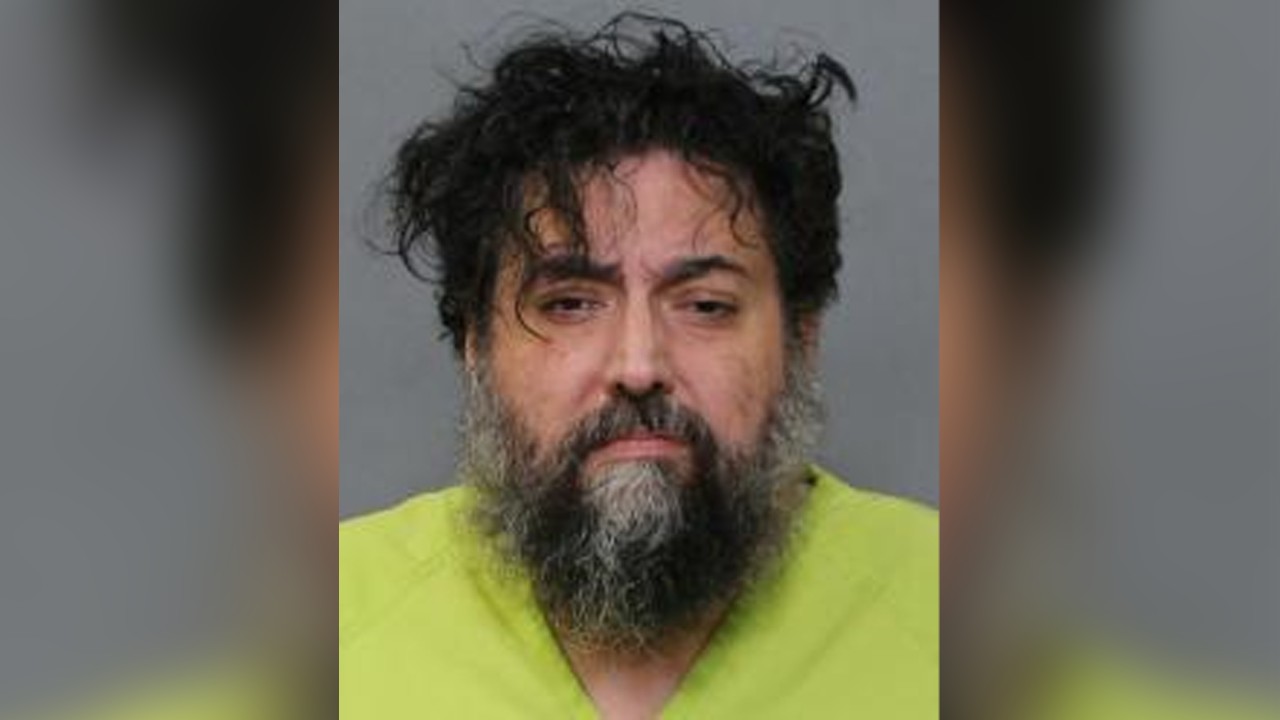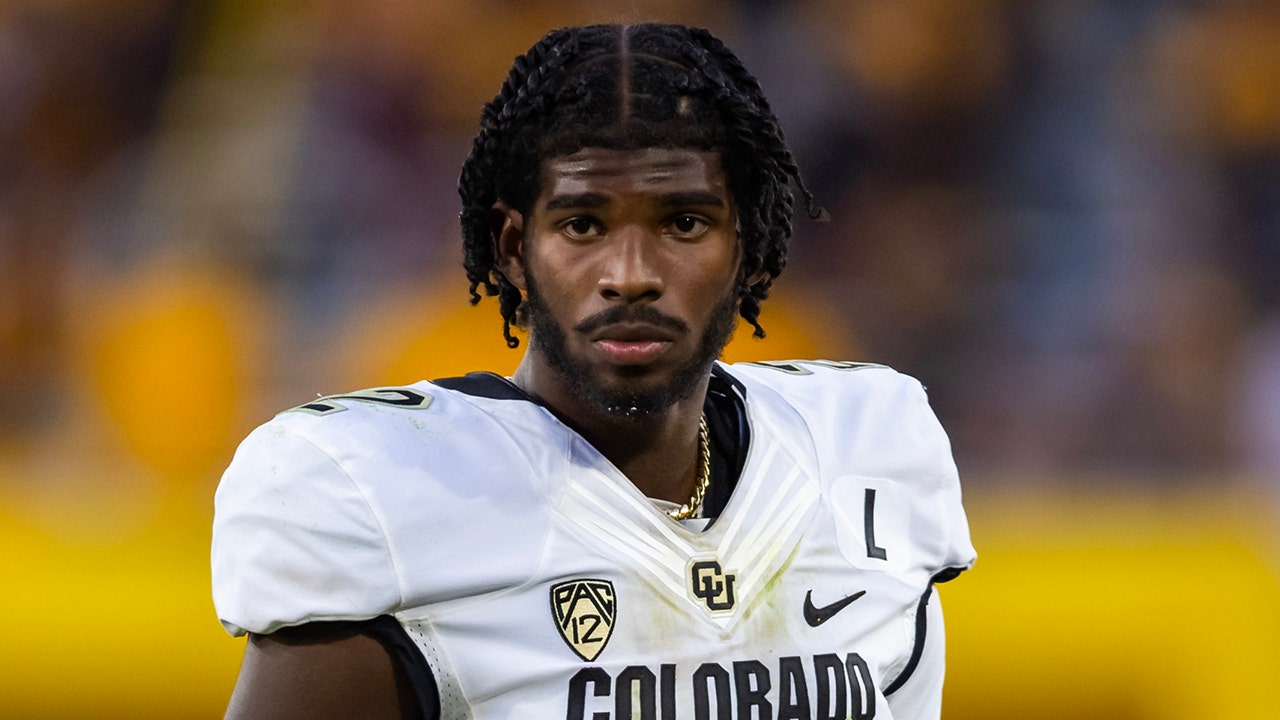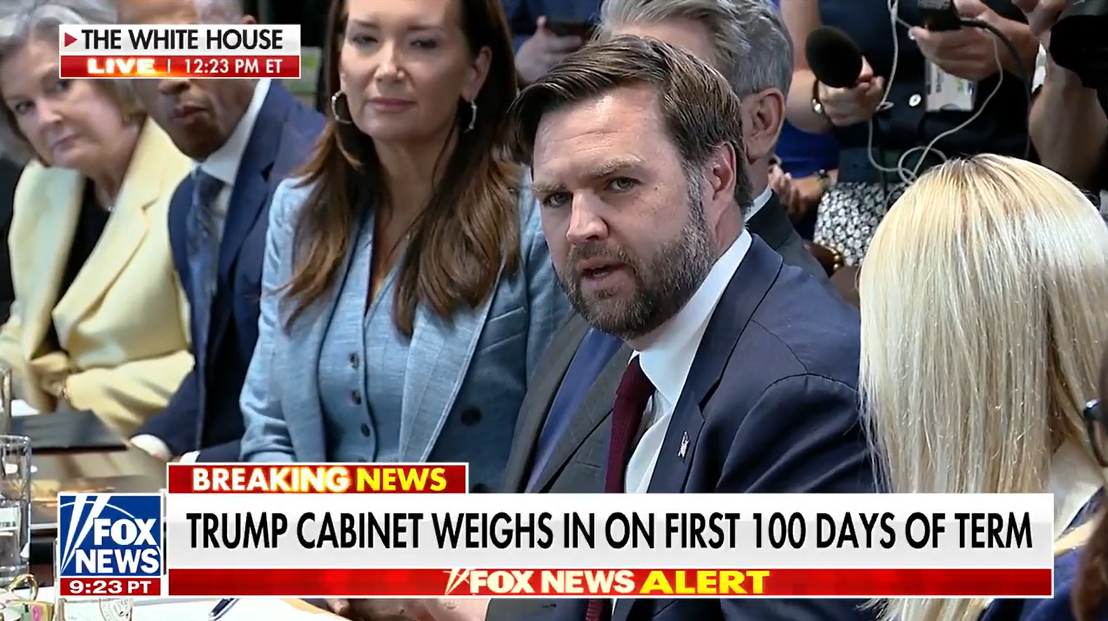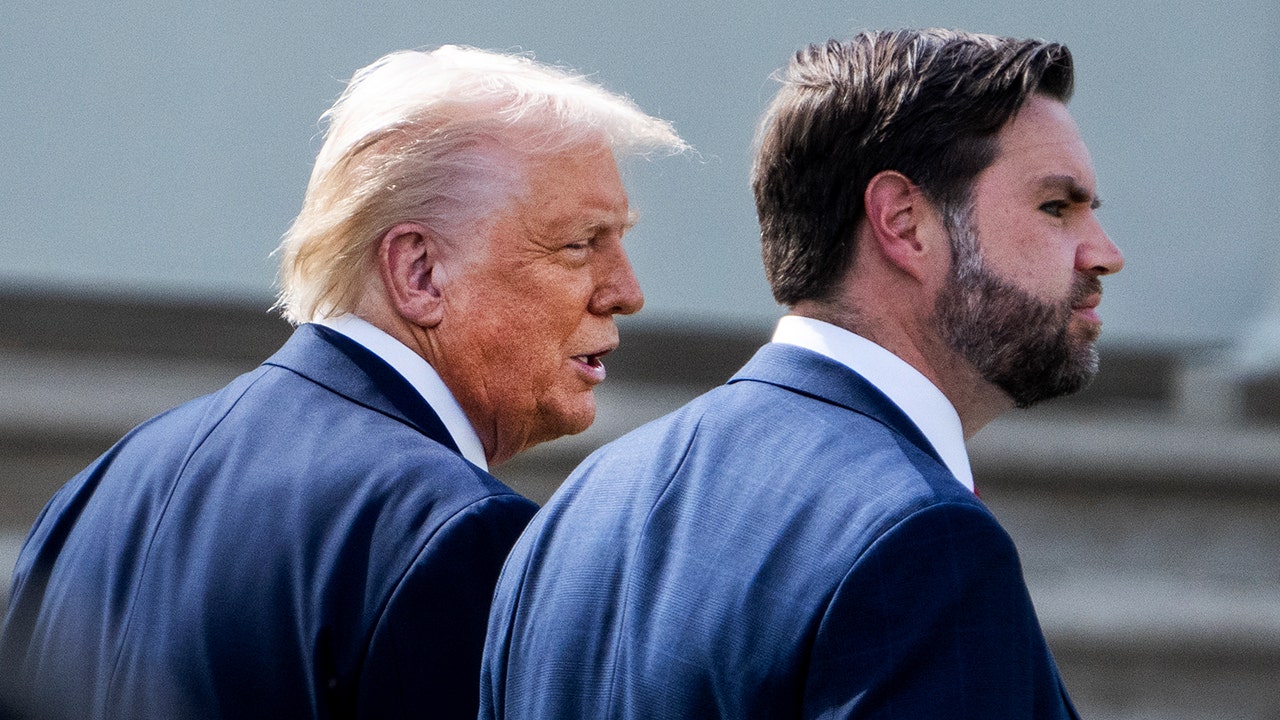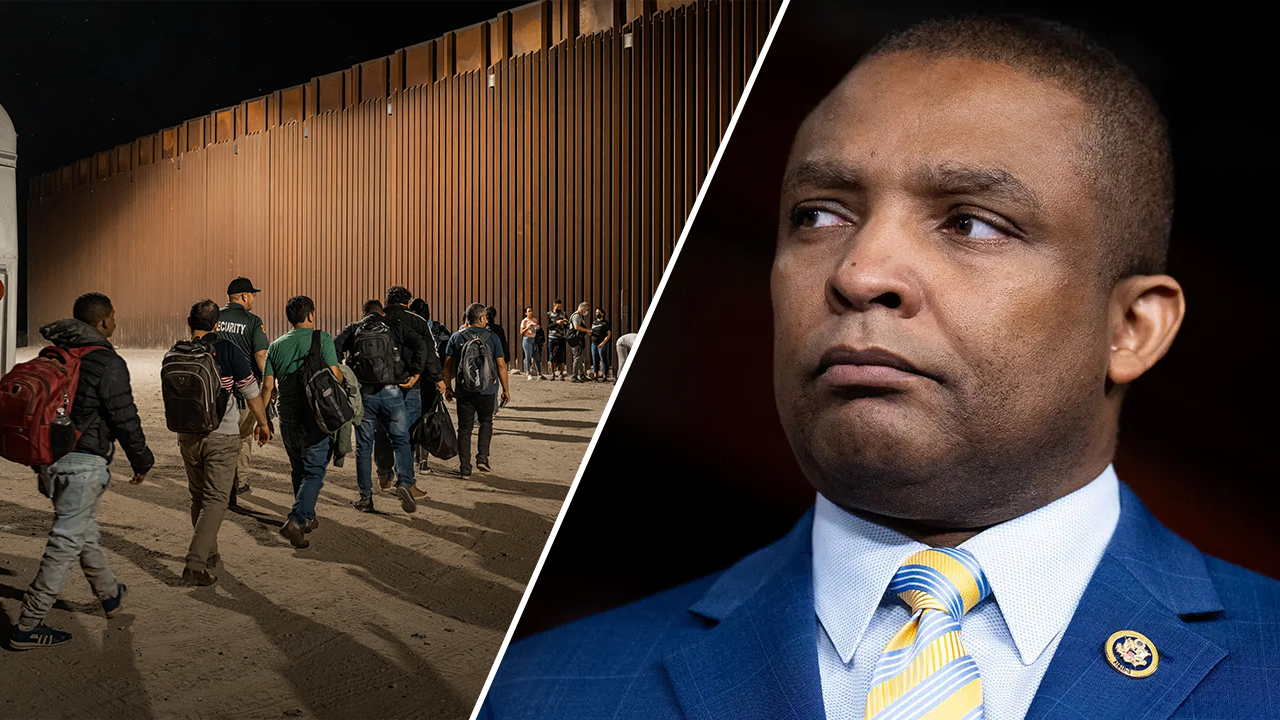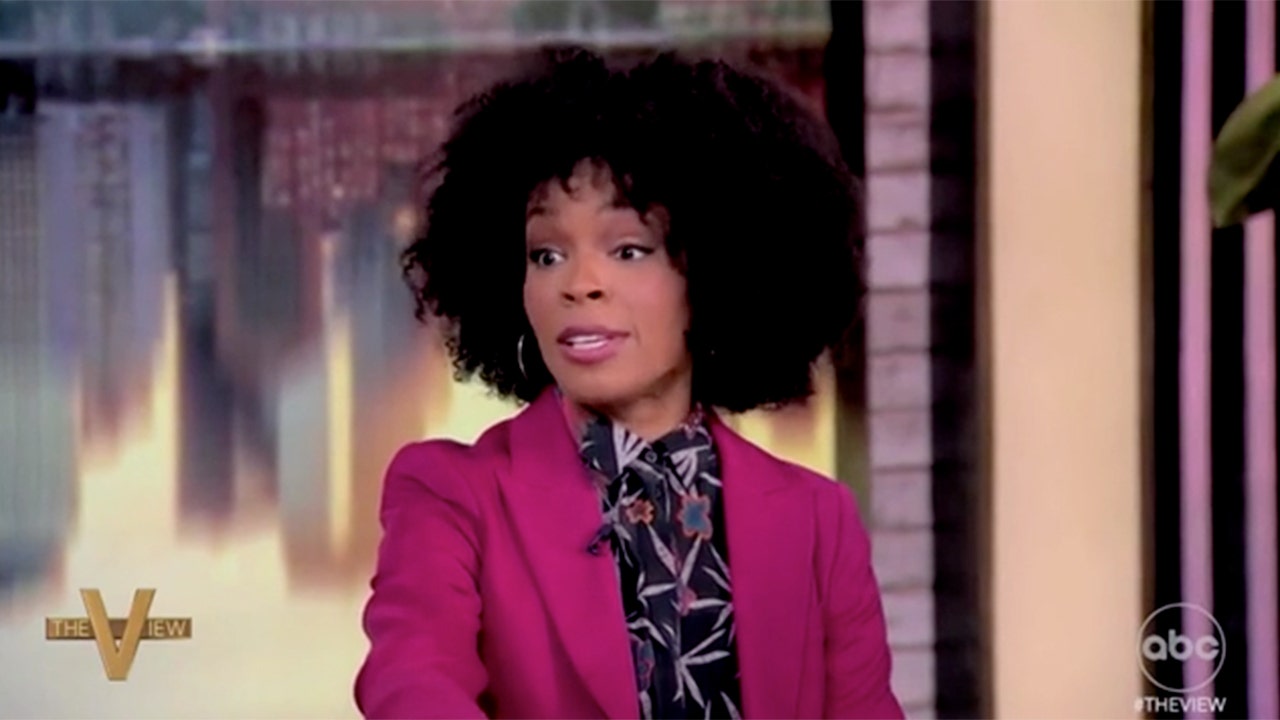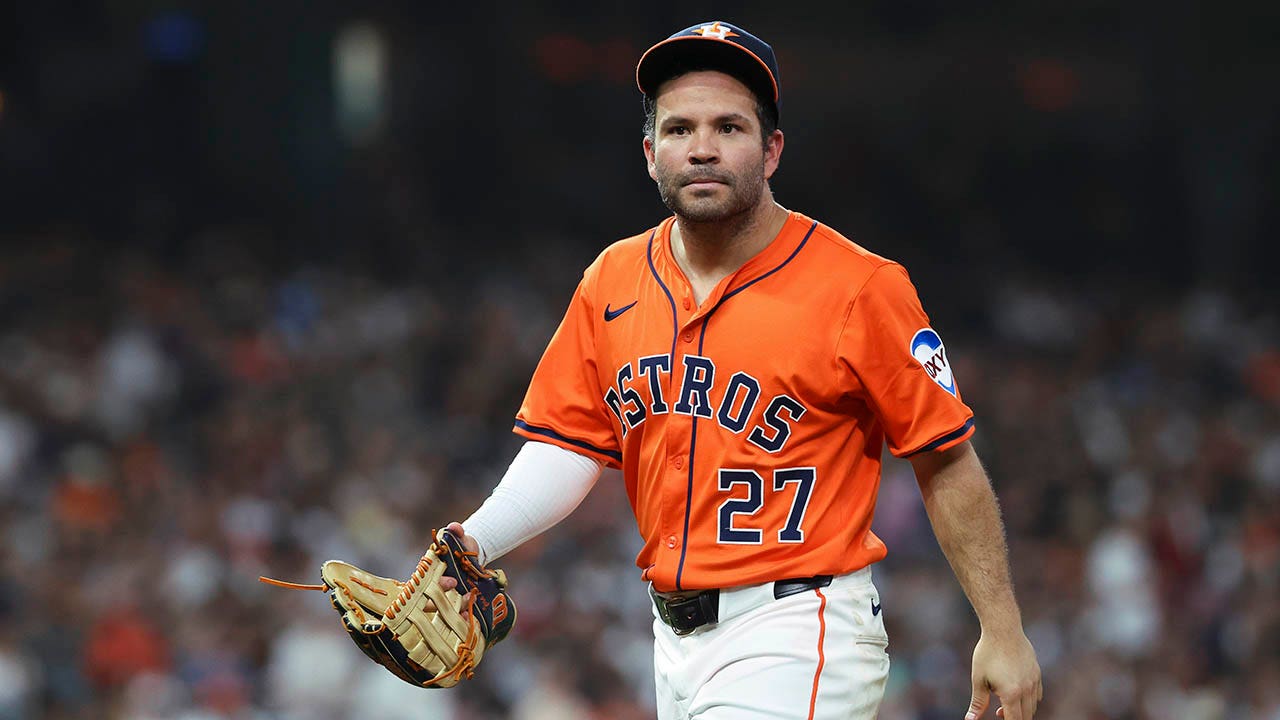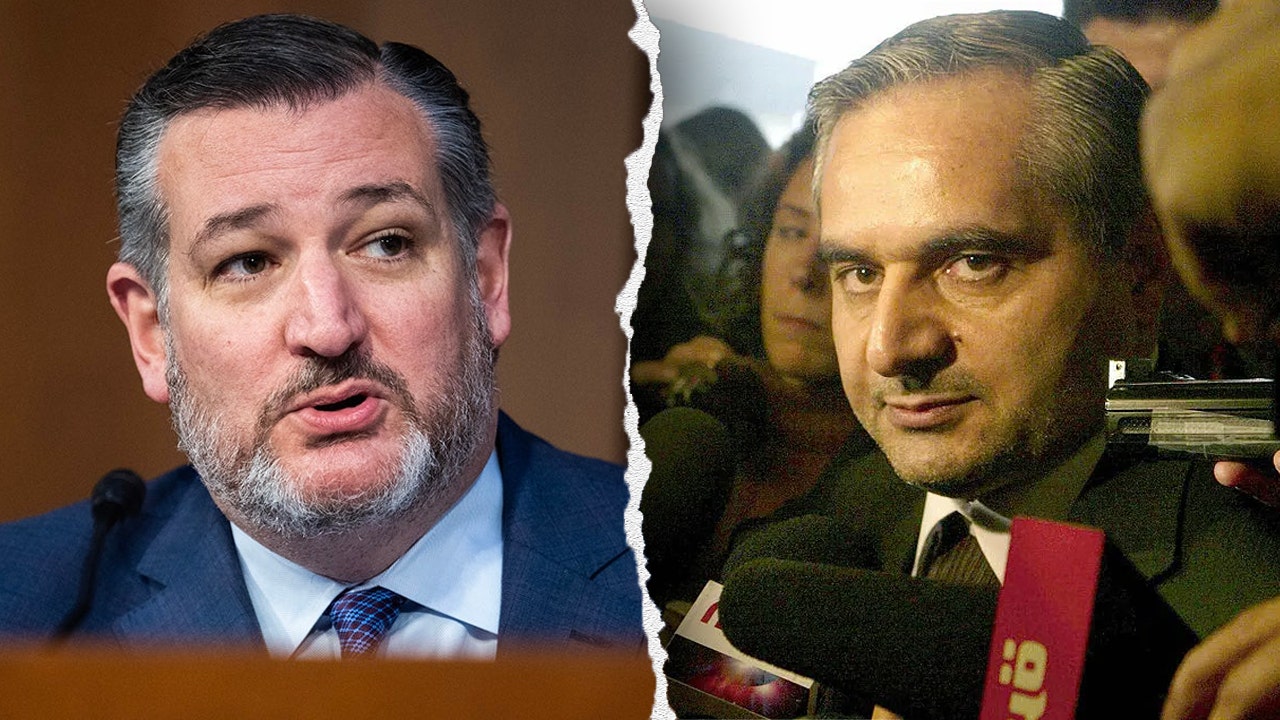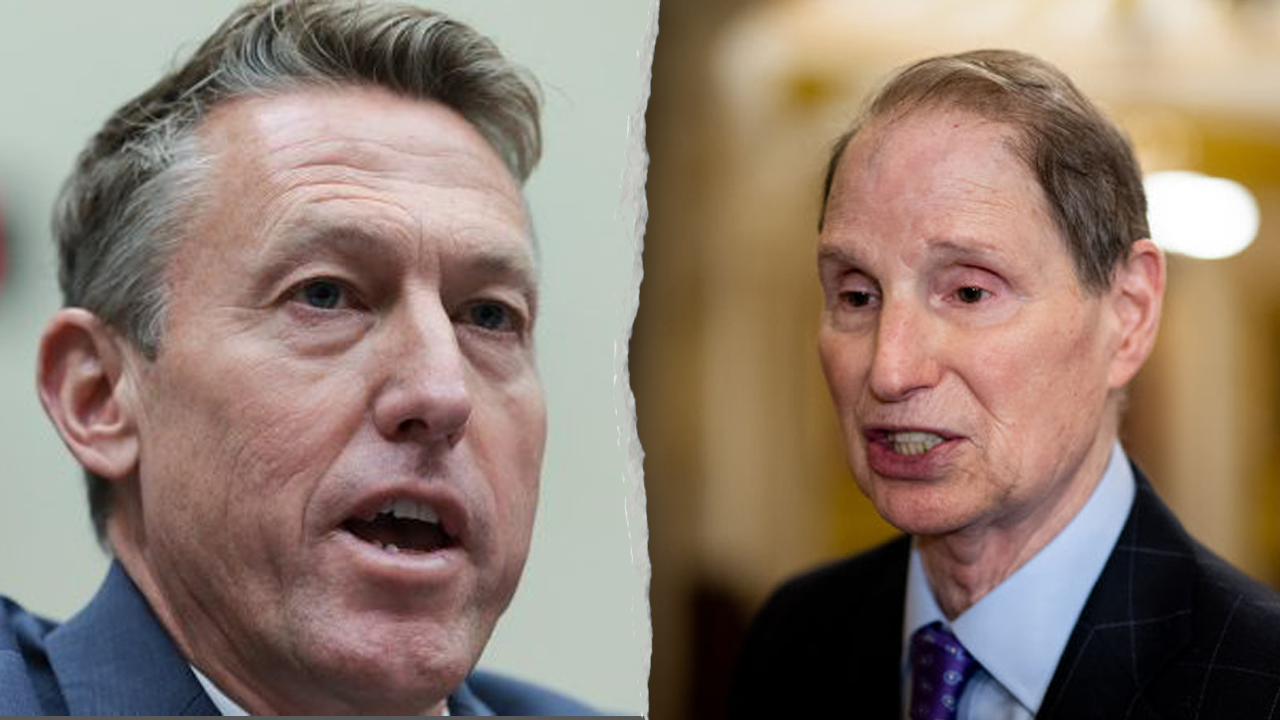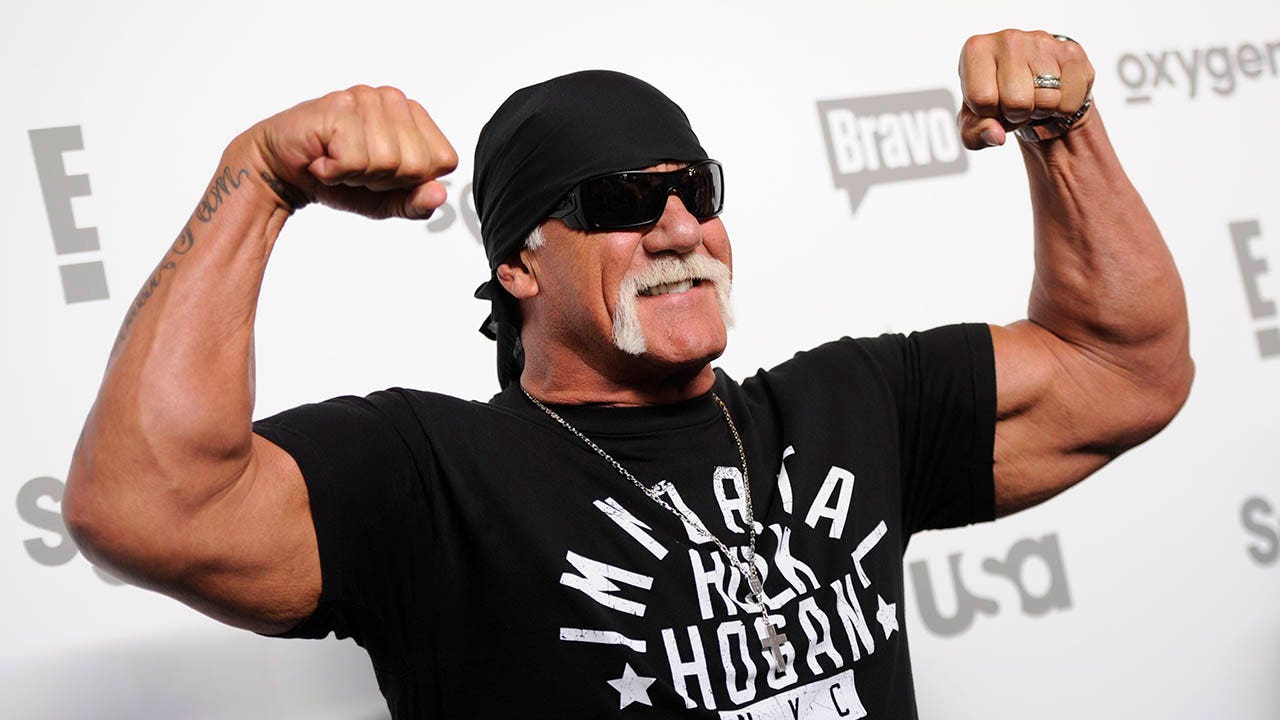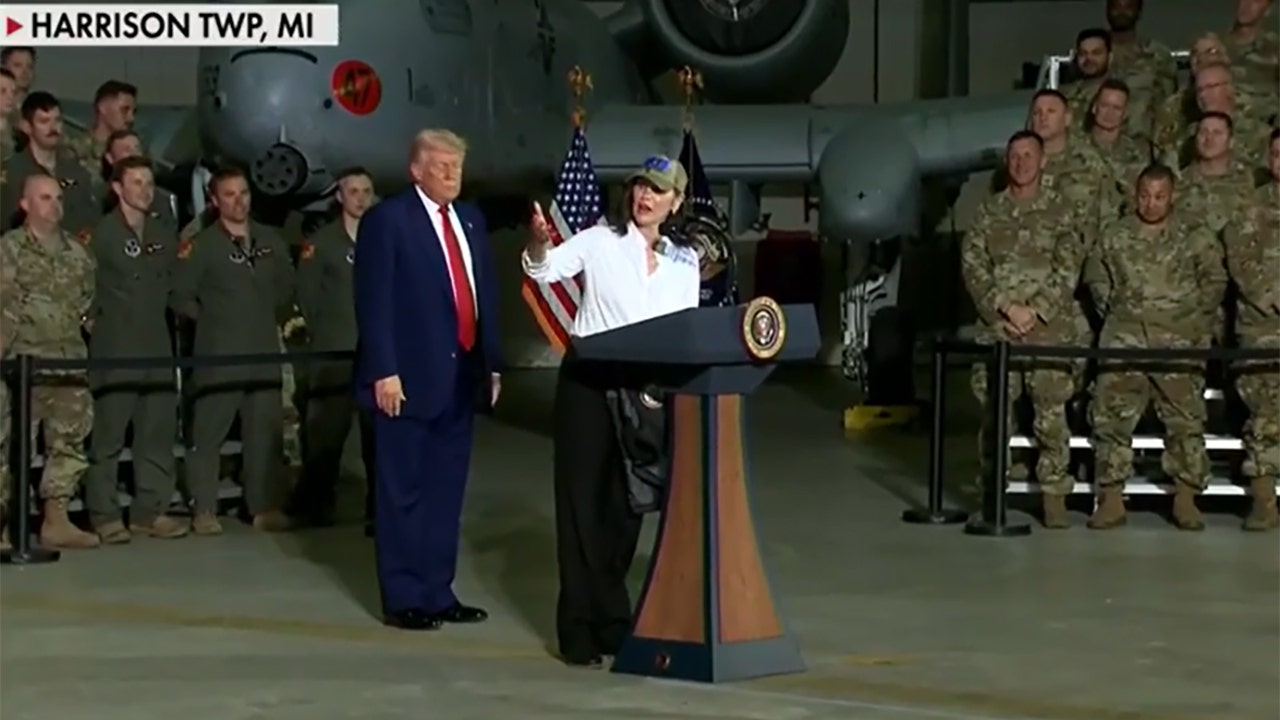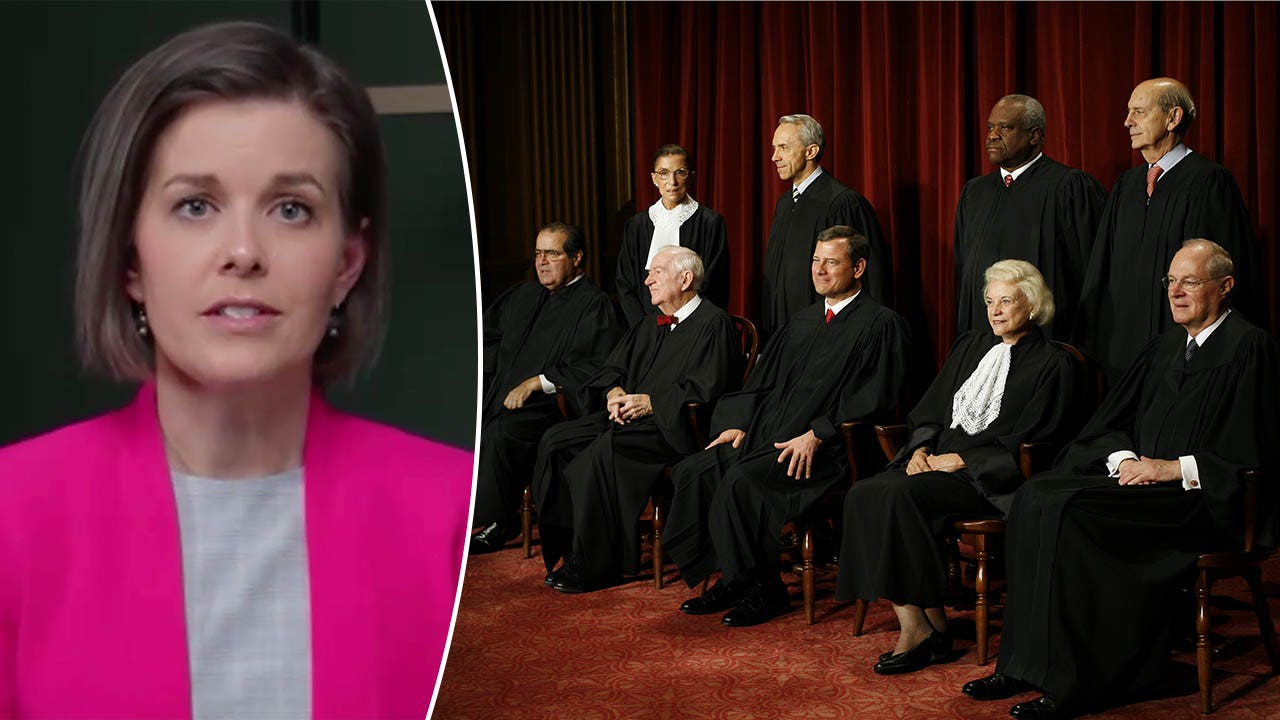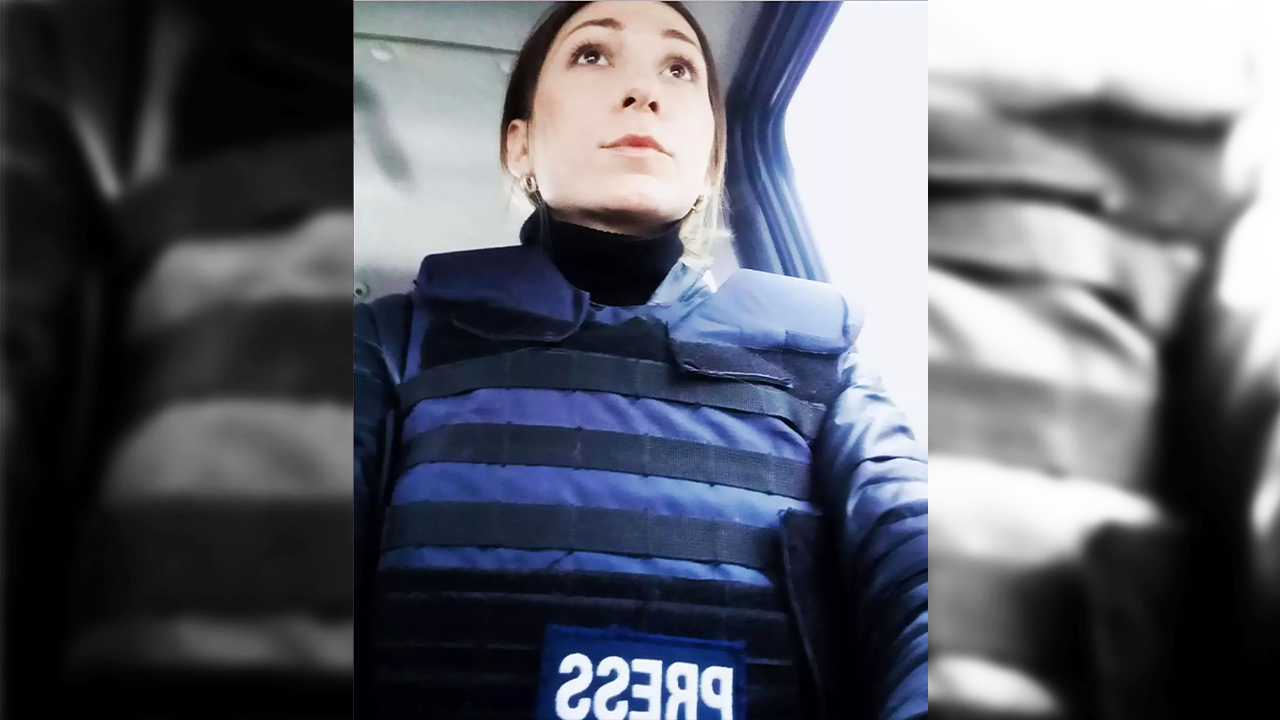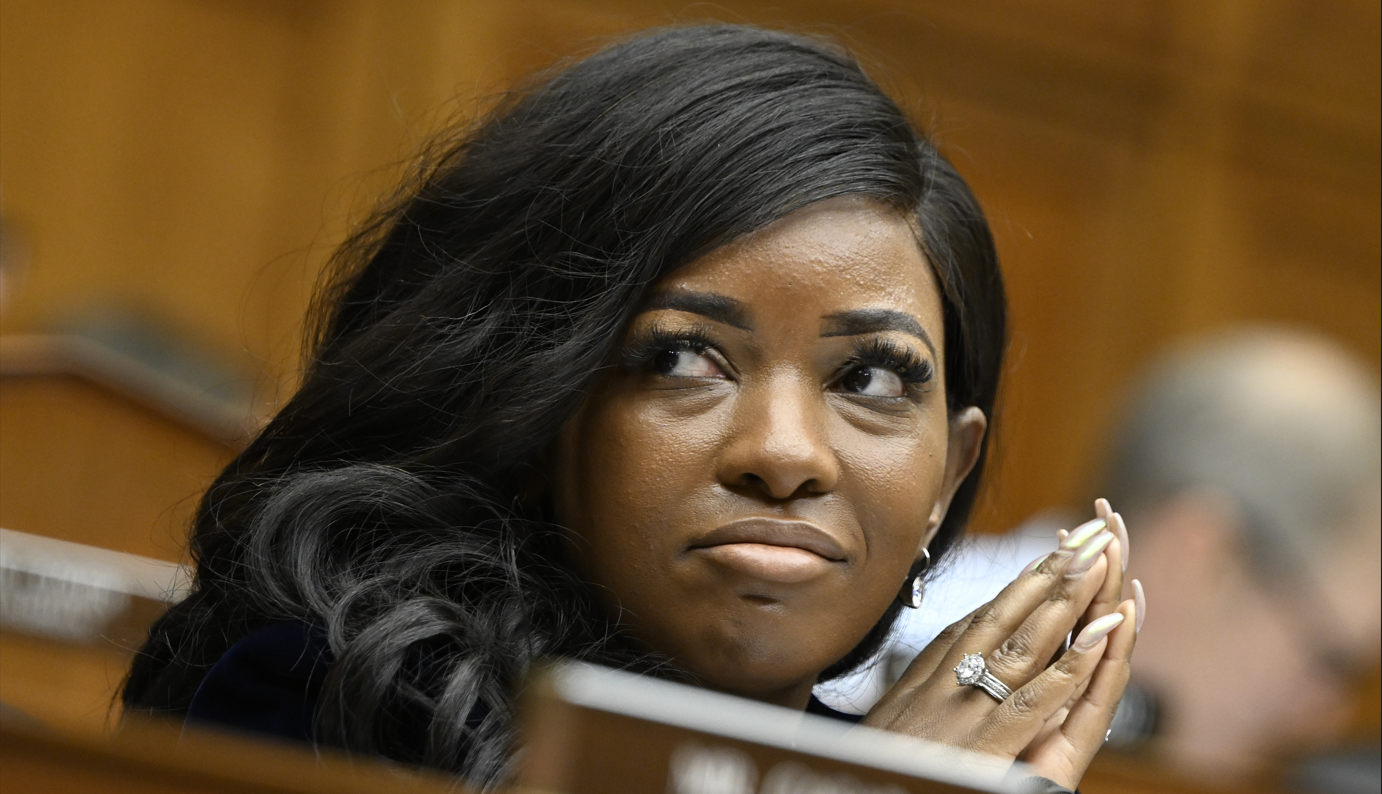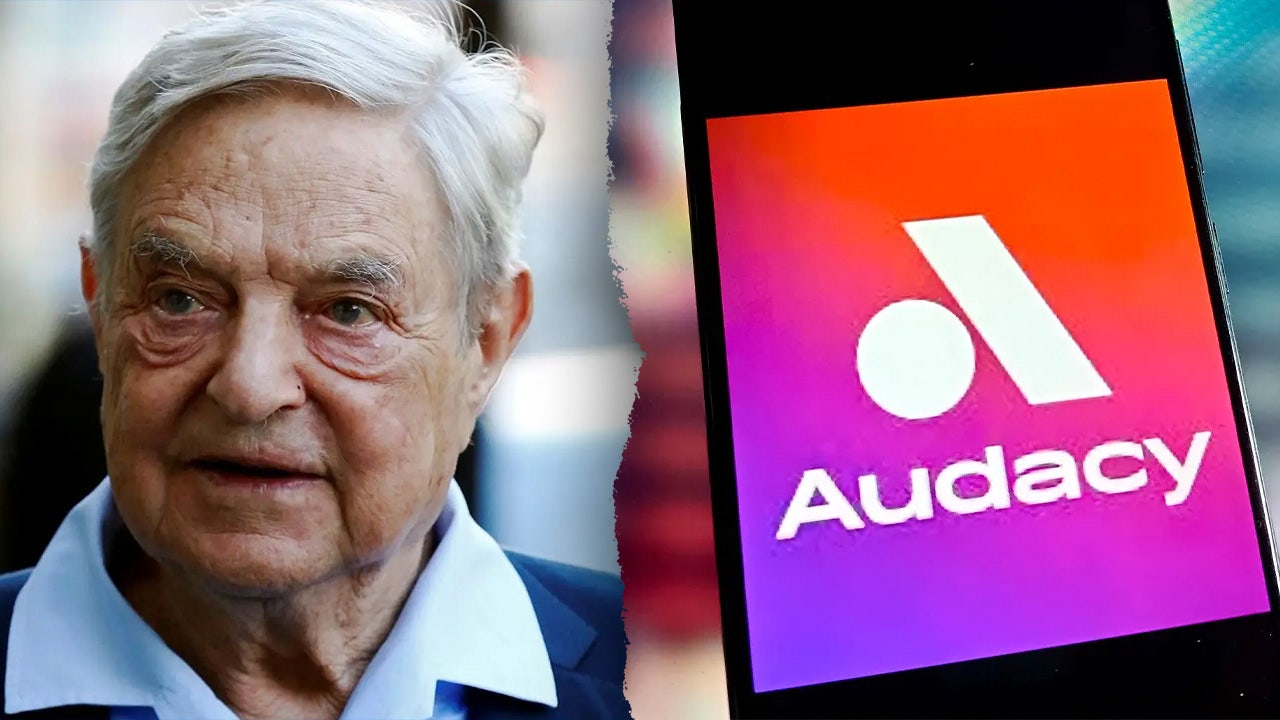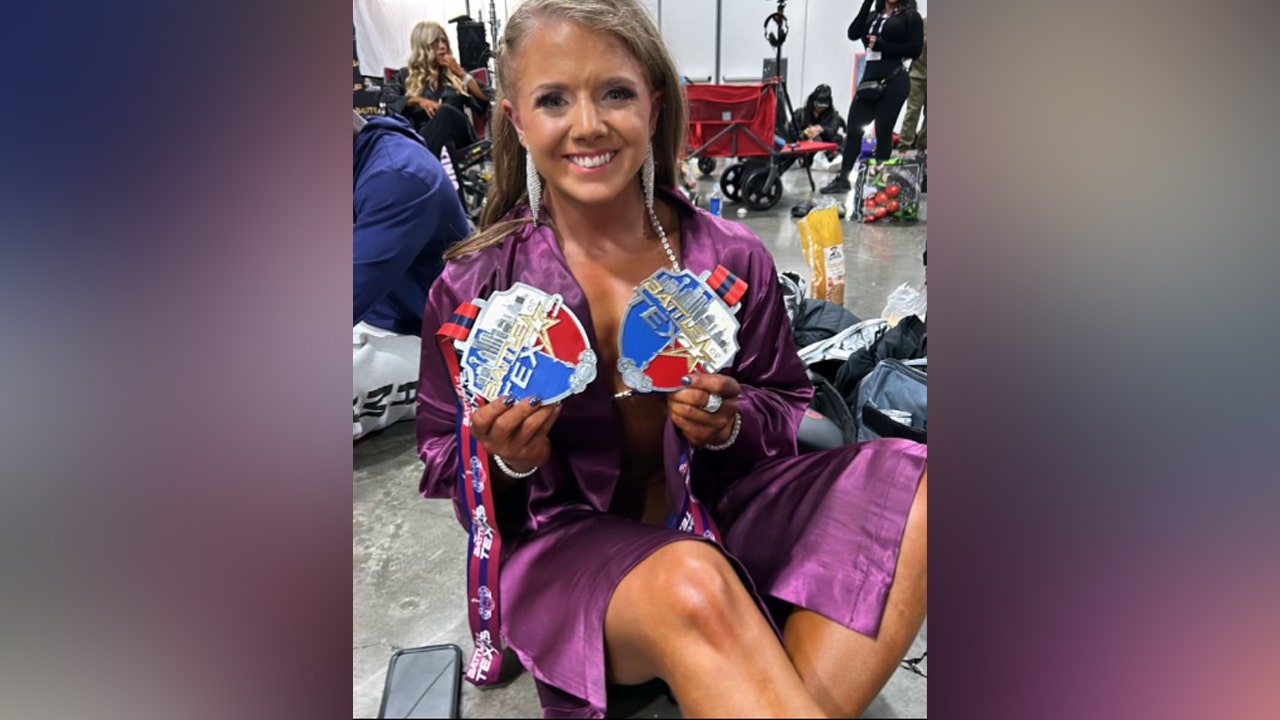The Supreme Court on Wednesday heard oral arguments in a case involving the nation's first religious charter schools, and whether it is eligible for state funding despite its religious teachings.
At issue in the case is a virtual Catholic charter school in Oklahoma, St. Isidore of Seville Catholic Virtual School, and whether the school is eligible to receive public funding because of its religious teachings. Lawyers representing the school have argued that it is operating like a private actor working under a contract with the state, and asked the high court on Wednesday to overturn an earlier decision by the Oklahoma Supreme Court.
During Wednesday's arguments, lawyers for St. Isidore argued that just because they receive state funding does not mean they are a state actor. They also noted recent Supreme Court precedent, which they said has been in their favor.
This Court has "‘repeatedly’ held that ‘a State violates the Free Exercise Clause when it excludes religious observers from otherwise available public benefits," James Campbell, attorney for St. Isidore, told the court.
100 DAYS OF INJUNCTIONS, TRIALS AND 'TEFLON DON': TRUMP SECOND TERM MEETS ITS BIGGEST TESTS IN COURT
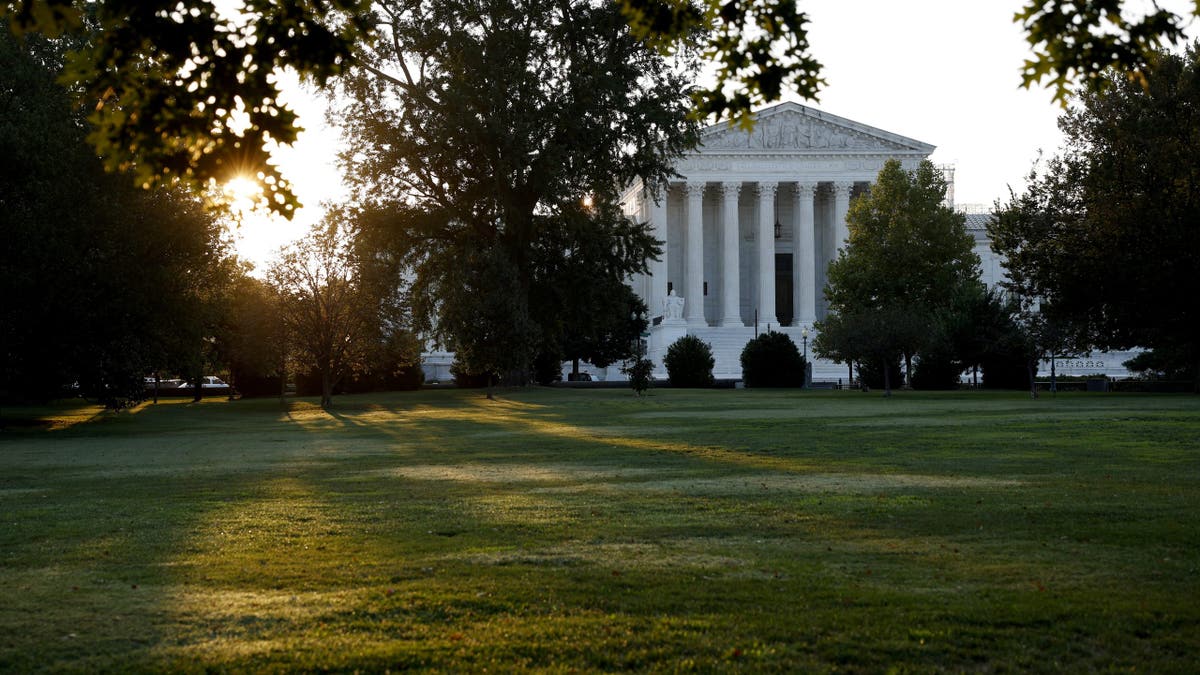
A view of the U.S. Supreme Court Building. (Photo by Anna Moneymaker/Getty Images) (Photo by Anna Moneymaker/Getty Images)
Justices used oral arguments to press Campbell on how they would treat individuals with different religious backgrounds.
"What would you do with a charter school that doesn't want to teach evolution, or it doesn't want to teach history, including the history of slavery, or it doesn't want to include having children of another faith. In them, as this one does?" Justice Sonia Sotomayor asked Campbell.
"This one does not say it won't exclude children of other faiths. But it said, if you want to attend this school, you have to attend mass. You have to accept the teachings of the church with respect to certain principles. So is that something you look at?"
In response, Campbell notes that the school does not require students to affirm its religious beliefs, noting that St. Isidore "allows exceptions for anyone that doesn't want to attend mass," and says "point blank" in its handbook that there is no requirement that a student affirm the beliefs of the school."
TRUMP ADMINISTRATION ASKS SUPREME COURT TO REVIEW EL SALVADOR DEPORTATION FLIGHT CASE
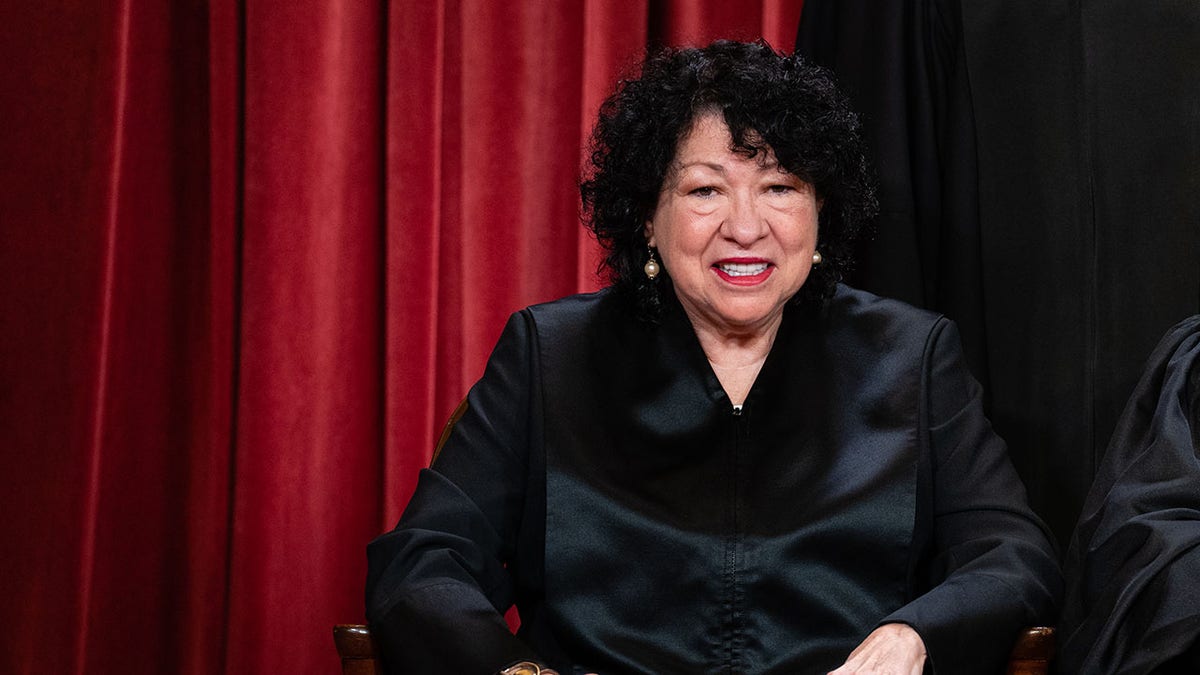
Associate Justice Sonia Sotomayor during the formal group photograph at the Supreme Court in Washington, DC, US, on Friday, Oct. 7, 2022. (Eric Lee/Bloomberg via Getty Images)
The Oklahoma Statewide Virtual Charter School Board approved St. Isidore's contract request in June 2023, making them eligible to receive public funds.
But its ability to receive state funds was later blocked by the Oklahoma Supreme Court, which ruled that the public funding for the school was in violation of the Establishment Clause of the First Amendment.
Oklahoma Attorney General, Gentner Drummond, has argued that the school would be a state actor if it received state funding. "Charter schools no doubt offer important educational innovations, but they bear all the classic indicia of public schools," Drummond argued in an earlier Supreme Court filing.
If its "charter-school law violates the Free Exercise Clause, then this is one of the most far-reaching free exercise violations in the Nation’s history," he argued.
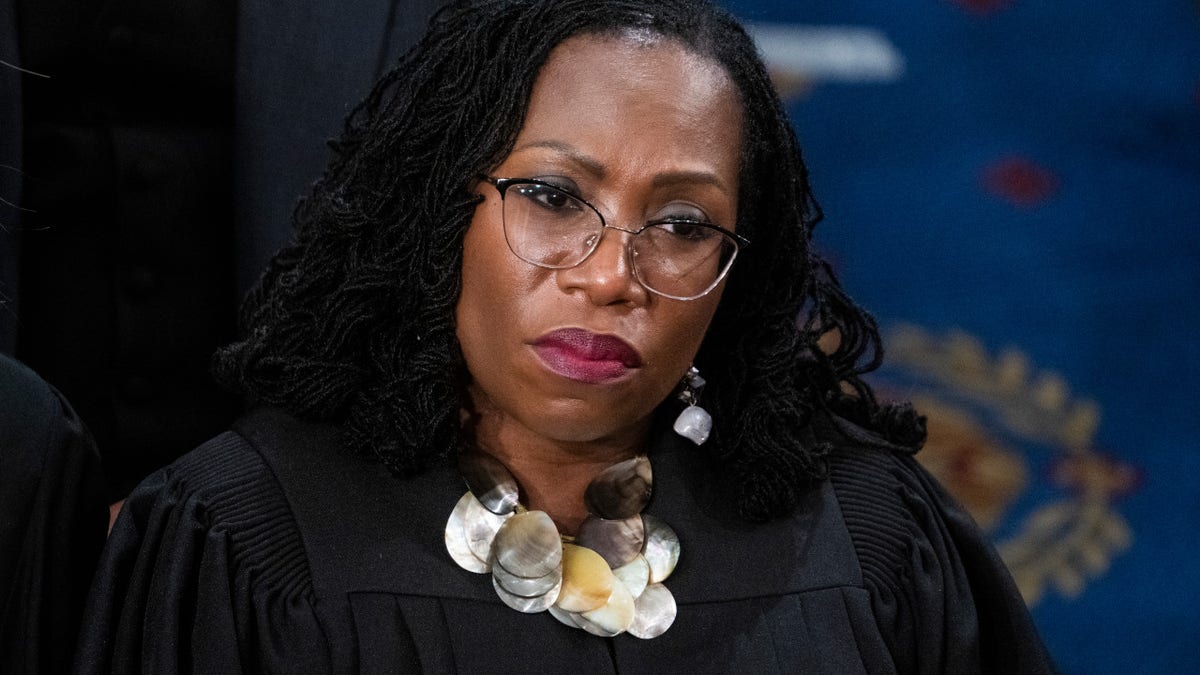
Supreme Court Justice Ketanji Brown Jackson. (Tom Williams/CQ-Roll Call, Inc via Getty Images)
CLICK HERE TO GET THE FOX NEWS APP
The court's decision here could have wide-ranging ramifications far beyond Oklahoma. More than 40 U.S. states currently authorize charter schools, and the ruling in the case could have ripple effects across the country.
The charter school states outright on its site that it "fully embraces" the teachings of the Catholic Church, "fully incorporates" them "into every aspect" of the curriculum— and that it intends to participate "in the evangelizing mission of the church."
This is a breaking news story. Check back soon for updates. Fox News's Anders Hagstrom contributed to this report.
Breanne Deppisch is a national politics reporter for Fox News Digital covering the Trump administration, with a focus on the Justice Department, FBI, and other national news.

 5 hours ago
7
5 hours ago
7
